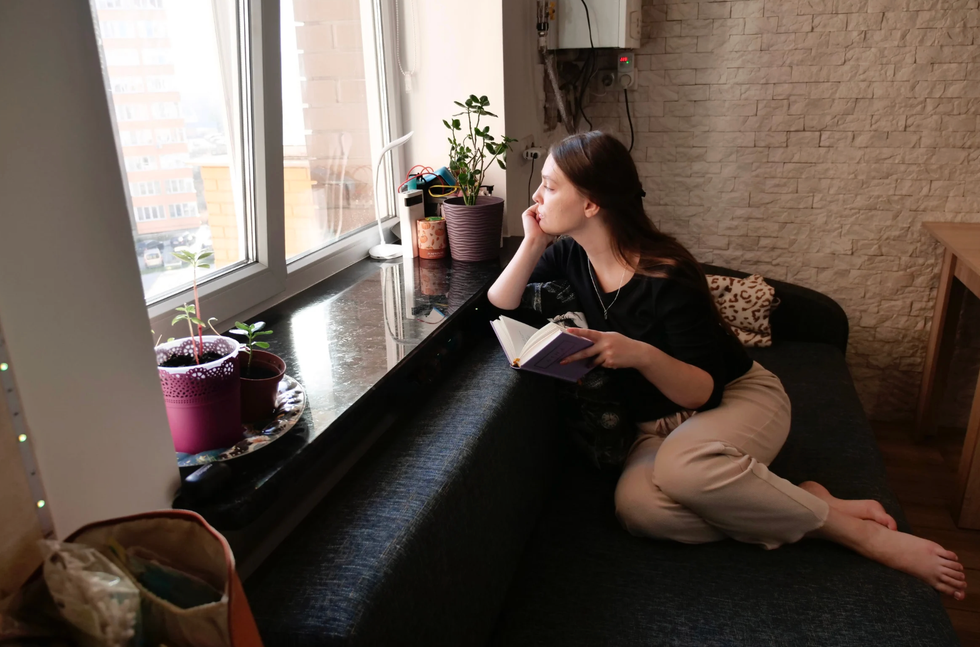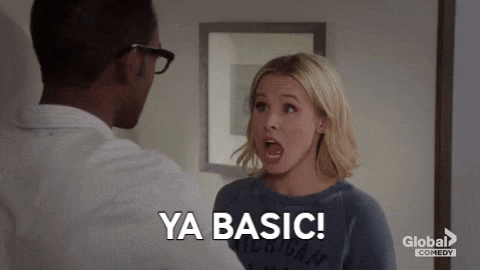At first glance, it’s easy to mistake the art of Sun Mu for North Korean propaganda. In one piece, Kim Jong-il is rendered in bright red, his face twisted into a toothy, grotesque smile. But upon closer inspection, Kim’s glasses reflect an execution scene—a military man’s gun raised in the direction of a female worker in the fields—and in his hand, the late dictator menacingly wields a knife.
The resemblance to the military posters that paper North Korean streets is no accident—trained as a propaganda artist for the Kim regime, Sun Mu used to make those posters. He escaped in 1998, fleeing a devastating famine that killed an estimated 330,000 people, seeking refuge in South Korea. There, the artist began painting once again, except now using his talents to forge blistering critiques of the regime for which he once worked.
His artwork evokes the painting and composition styles of self-glorifying regime art—which often represent leaders as god-like figures exercising extreme military might—but it depicts scenes of servile subjugation and absurd portraits of North Korean despots instead. Symbols of capitalist America pervade his portrayals of life in North Korea—a rosy-cheeked baby sips a Coca-Cola, a schoolgirl clutches a Starbucks cup, Mickey Mouse ears crown the head of Kim Jong-un—demonstrating the complicated geopolitics that govern the ideological landscape of North Korea. The subjects illustrated in his posters wear smiles stretched so widely they communicate exhaustion rather than joy. “To me, the most important thing about work is people,” Sun Mu says . “I always...try to figure out what it means [to live] life as a human.”
Even outside North Korea, the threat of retaliation by the regime is very real and Sun Mu still encounters resistance to his art. In Seoul, authorities mistook his posters for communist propaganda and questioned him about the meaning of his work. In 2014, a Beijing exhibition was suspended for unspecified reasons and his identity nearly exposed. He still has family in the country, which is why he uses a pseudonym and refuses to be photographed. And although he was granted South Korean citizenship, he says the North Korean government has attempted to kidnap and silence him. But Sun Mu hasn’t been deterred. I Am Sun Mu, a documentary chronicling his life and work, debuted this past October, and he is looking forward to more exhibitions of his work in Beijing and Europe this year. “I want to let the world know that people like me exist,” Sun Mu wrote in a poem that accompanied his 2014 Beijing show. Now, they do.

















 Tow truck towing a car in its bedCanva
Tow truck towing a car in its bedCanva  Sad woman looks at her phoneCanva
Sad woman looks at her phoneCanva  A group of young people at a house partyCanva
A group of young people at a house partyCanva  Fed-up woman gif
Fed-up woman gif Police show up at a house party
Police show up at a house party 
 A trendy restaurant in the middle of the dayCanva
A trendy restaurant in the middle of the dayCanva A reserved table at a restaurantCanva
A reserved table at a restaurantCanva Gif of Tim Robinson asking "What?' via
Gif of Tim Robinson asking "What?' via 

 An octopus floating in the oceanCanva
An octopus floating in the oceanCanva


 A woman relaxes with a book at homeCanva
A woman relaxes with a book at homeCanva An eviction notice is being attached to a doorCanva
An eviction notice is being attached to a doorCanva Gif of Kristen Bell saying 'Ya basic!' via
Gif of Kristen Bell saying 'Ya basic!' via